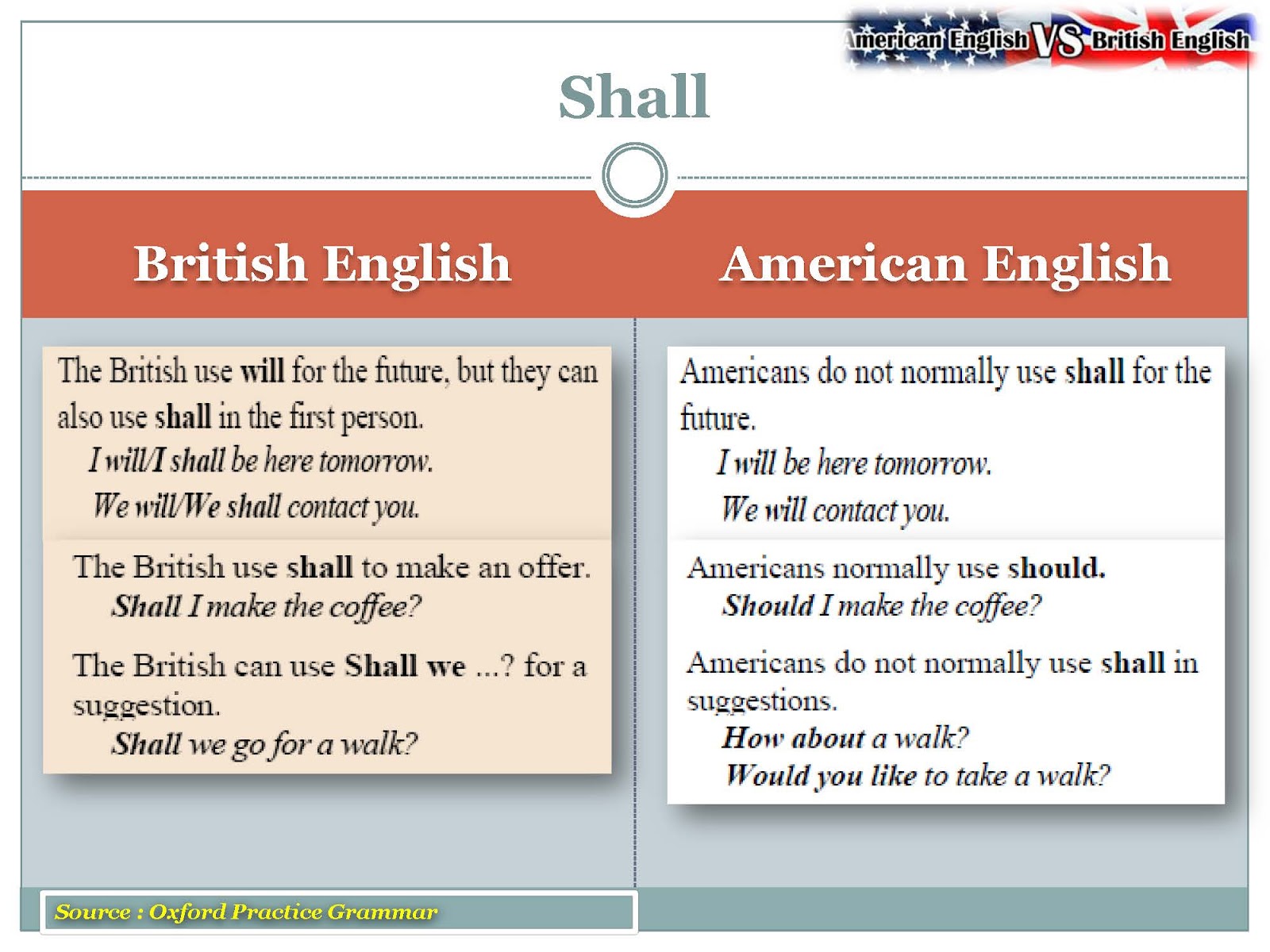
But who was to decide the best for the future of English? Who knew English better? Who had known it since it was a wee baby? Nobody. It was time to lay down some house rules. English was being romanced by the Romance languages. Early Modern English was greatly influenced by the Renaissance and developments in trade and exploration. The 16th century saw the heavyweight guardianship battle begin. Translation from Dennis Freeborn, From Old English to Standard English : A Course Book in Language Variation Across Time, 1998 They Didn’t Get That from Us That ne-hold to their own speech but England alone. I believe there ne-are in all the world countries none 1300)įor but a man knows French one counts of him little.īut low men hold to English & to their own speech yet. Robert of Gloucester’s Chronicle (Southern dialect, c. This translated passage from a chronicle written around 1300 admires this family loyalty: The common people of England hung on to the reins, and in doing so preserved the Germanic roots of Middle English. There was great potential for French to be adopted entirely, but the family instead took the vocabulary into their own fold. The colossal influx of French and Latin words began to filter from noblemen to those working their lands. For the following 300 years, an old Norman language similar to modern French was spoken by the ruling classes, and English became the preserve of the peasants. It was the Norman conquest of 1066 that really turned the family tree from a sapling into a thorny, tangled giant. However, any purity of tongue was lost at this stage, when English took on many Norse habits and kept them. English had to learn to share its toys, but both being Germanic languages, they got along without too much ruckus. Family TiesĪ few Scandinavian relatives of the linguistic family showed up in 8th and 9th centuries speaking Old Norse. In doing so, the language became theirs to cherish and distinguished it as a separate entity from its parent, ready to live its own life with a new family. Later known as Alfred the Great, he saw English as worthy enough to enshrine the formative thoughts of the era, cementing the language in the identity and culture of the nation. “Therefore it seems better to me, if it seems so to you, that we also translate certain books, which are most needful for all men to know, into that language that we all can understand.” King Alfred explained in his preface to one of those books, Gregory’s Pastoral, This was unheard of, Latin being the scholastic language of the day. In a time when battle and combat were the revered concerns of kings, he commissioned the translation of five seminal philosophical and religious texts from Latin into English in order to educate the clergymen of the country. Alfred the Nurturerīut before we get to socializing, we need to give respect to Alfred, a true foster father of Old English, for not only did he name the baby, he recognised its value. But that is what we might sound like today had English not mingled. Hwæt! We Gar-Dena in gear-dagum, þeod-cyninga, þrym gefrunon, hu ða æþelingas ellen fremedon!

Its first line looks like it was written by a goblin: The poem Beowulf, written in Alfred’s English, is one of the most important artefacts of this young tongue. A language totally unrecognizable from its adult form, it had various dialects.

Although only an infant, Old English is how this phase is now known. It doesn’t appear christened as English until the 9th century by King Alfred. The exact birth date of English is shadowy, but its parentage is accepted as Anglo-Saxon, those who settled on the British Isles in the 5th century speaking their Germanic tongue. Long before the tug-of-war began, there was the birth and the christening. Let’s take a look at the interesting players who held the umbilical cord and why they wouldn’t loosen their grip.
#GERMAN GRAMMAR VS ENGLISH GRAMMAR FULL#
It’s been a long linguistic custody battle, full of emotion and entitlement. From playdates with Old Norse, peer pressure from Latin, and partying with technology, it’s the language that refuses to grow up and settle down. Besides, English was a very sociable child. What would the original purists of English make of such a suggestion? Each minder has tried to protect English from the outside world, but it couldn’t be wrapped up in cotton wool forever. The debate continues as to whether English should be still regarded as a Germanic language when most of the lexicon is Latin in origin. Others have lamented the decline of proper usage of vocabulary, grammar, and spelling. Some want to take off the diaper and put on a nappy. They are long gone, but many have since claimed guardianship. Since toddling around in diapers, the English language has been trying to escape its parents.

English Takes After My Side of the Family


 0 kommentar(er)
0 kommentar(er)
